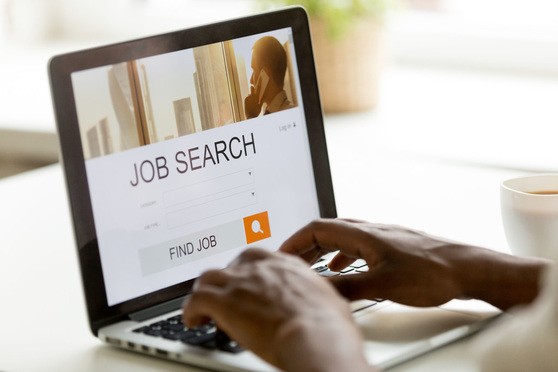The Post-Pandemic Job Interview Part Two: What Candidates Should be Asking Now

Due diligence into their target law firms by lateral candidates is even more important in the post-COVID era. The way a law firm handled the economic shutdown and reopening, as well as its management and financial posture afterward, are vital considerations when determining which firm would be the best fit for the candidate and, for partner candidates, her clients.
When selecting a new firm to join after a crisis such as the COVID-19 pandemic, you want to assess which firm is better positioned to ride out any turbulence for long term success. In addition to the “typical†questions candidates ask during an interview, job seekers also should include the following areas of inquiry—at the appropriate time in the recruiting process and with tact, of course.
Timing
The best time to ask the more sensitive questions is when significant mutual interest has been established between the candidate and the prospective employer. For the associate, that might be after receiving an offer contingent upon reference and conflicts checks. For partner candidates, the best time usually is when the firm presents its Lateral Partner Questionnaire (LPQ) for you to complete with your historical revenue-generating information.
There may be other opportune times to pick up bits and pieces of the desired information along the way. Determining what is appropriate to ask and when depends upon the rapport you’ve established with the various interviewers and demonstrates your careful consideration, good judgment, and tactful communications skills.
Suggested questions
The answers to the below questions can tell you a lot about the financial posture and character of a firm and should help you make a wise choice for your next career move:
What was the pandemic’s effect on the firm’s bottom line? Its morale? Recruiting and retention? Strategic growth plans?
How smoothly did the transition to remote working (and back) go? What kind of support did the firm provide to its lawyers and staff during the transitions? How did the firm’s technical infrastructure perform? What were the lessons learned? What steps were taken to overcome them?
Were there layoffs or furloughs and, if so, who was affected—partners, associates, staff? How was the summer associate program affected? How were these decisions made and how were they communicated?
What other cost-cutting measures did the firm employ such as reducing resources or slashing career development and marketing budgets?
Did billing rates or policies change? How have hours, billings, and collections been affected?
Has the firm changed how it trains and develops its lawyers? Assigns work? Determines advancement and compensation?
Has the firm’s focus changed? Have particular practice areas or industry groups contracted or expanded? Has there been a change in the firm’s client base?
How did the shutdown affect recent laterals and their integration? Has it changed what the firm seeks in a lateral hire?
What are the characteristics of the lawyers who fared best at your firm during the shutdown and reopening, including both personal and professional traits?
For partners
The answers to all of the above questions are important to any candidate considering a lateral move. They are crucial, however, to one at the partner level since the more senior lawyer’s compensation most likely will be based upon a combination of the individual’s and the firm’s performance. Astonishingly, however, a 2013 American Lawyer survey found that most lateral partner candidates never asked even the most basic questions of their potential new firms about finances, firm management, or their partnership agreement. The partner candidate considering a post-pandemic lateral move will need to know even more about the general health of the firm after weathering the crisis and how any changes may affect the lateral’s ability to attract and service clients.
Attitude check
The most telling information about a firm may be the firm’s willingness or reluctance to provide it, so pay attention not only to the answers to your questions, but also to the reaction to the fact that you asked them. Any firm worthy of your serious consideration should be one that values lawyers who make important decisions based upon germane information, gathered at the appropriate time, and with tact and grace.
Valerie Fontaine is a partner in SeltzerFontaineLLC, a legal search firm based in Los Angeles. The second edition of her book,“The Right Moves: Job Search and Career Development Strategies for Lawyers,†published by NALP., is in its second edition. She can be reached at [email protected] or 310-842-6985.






